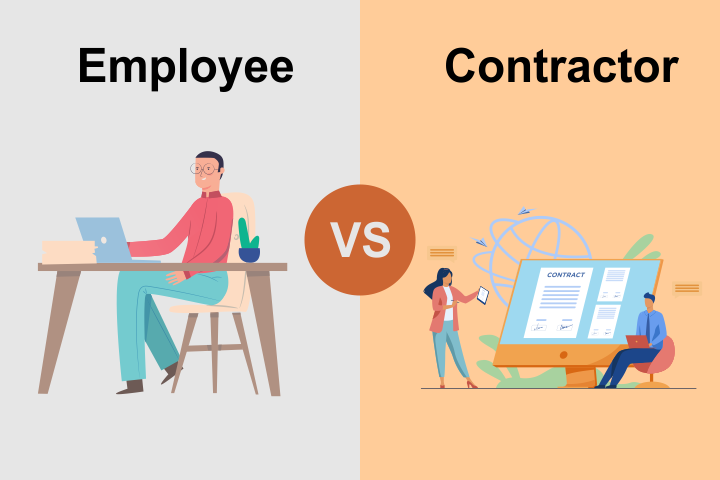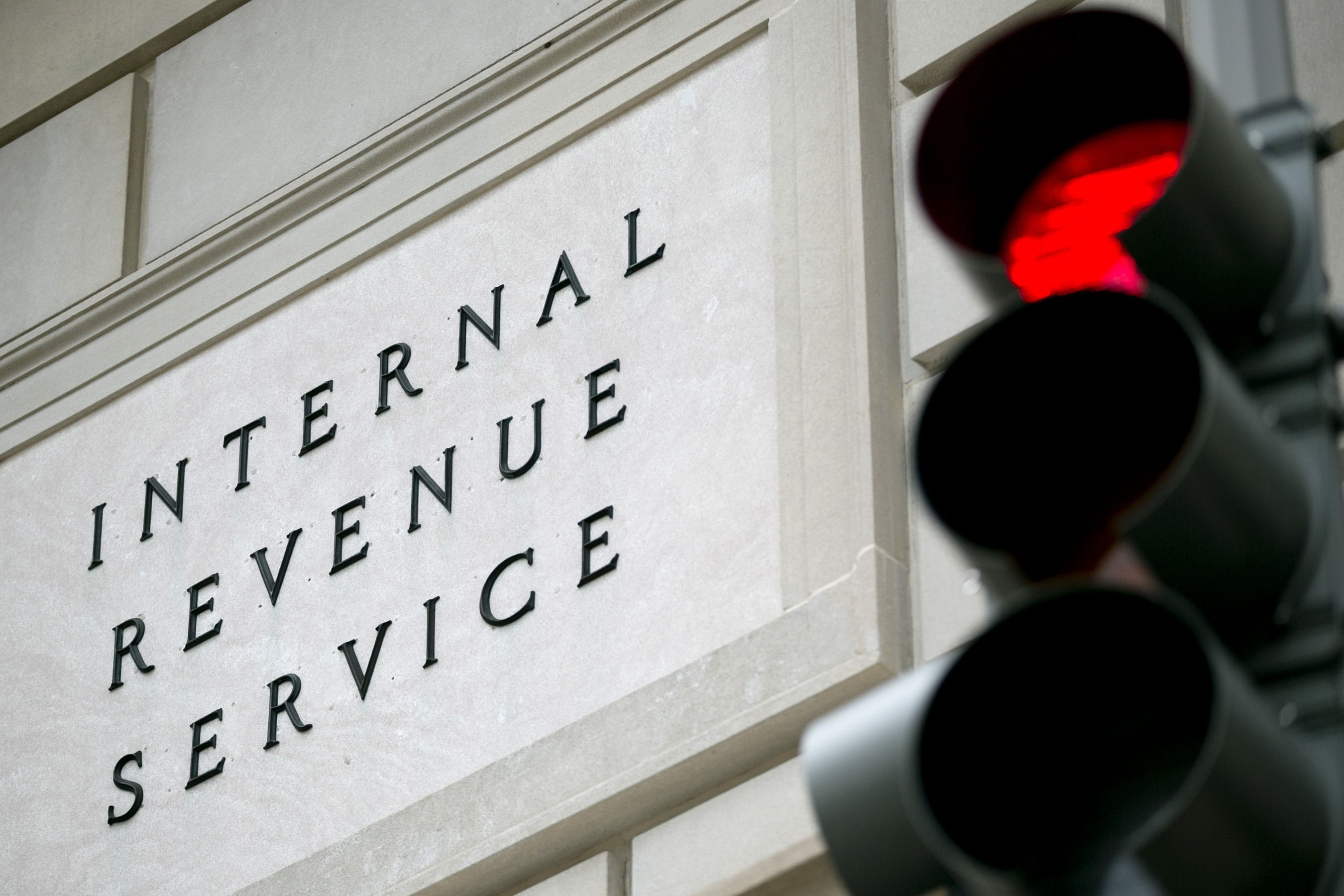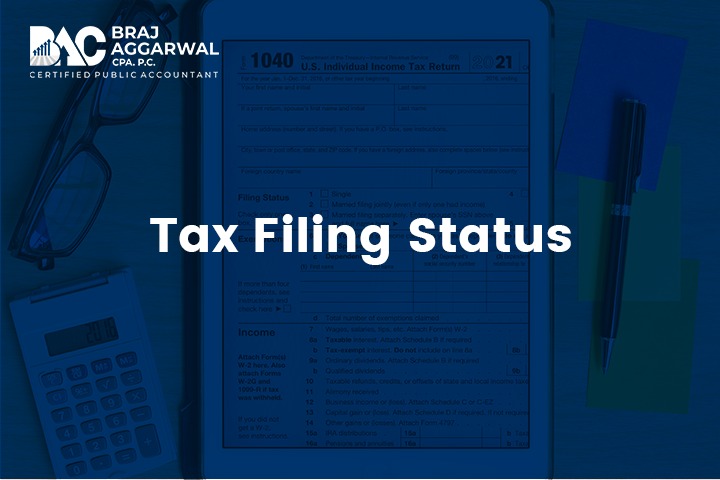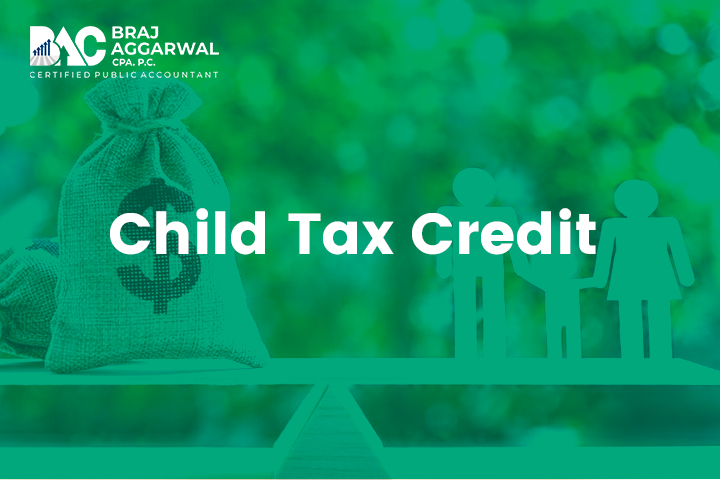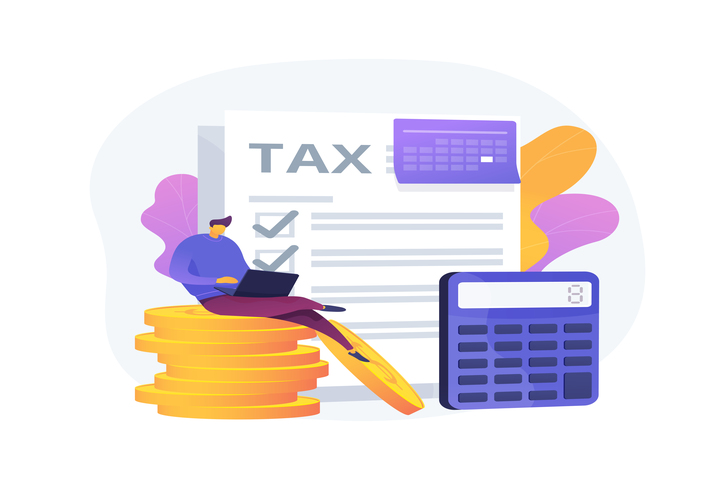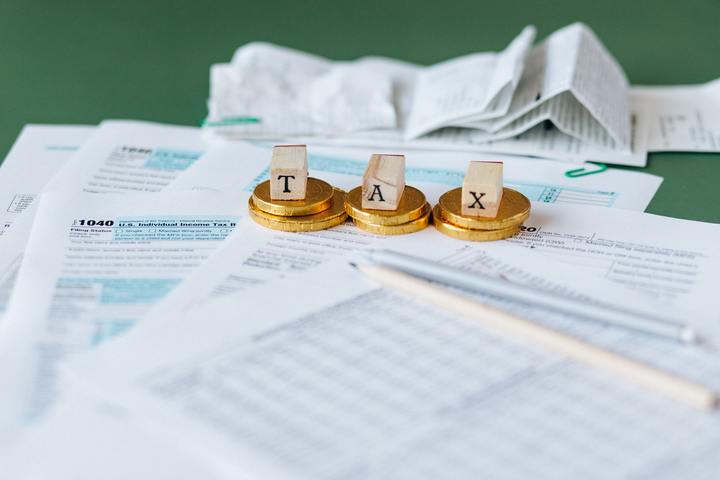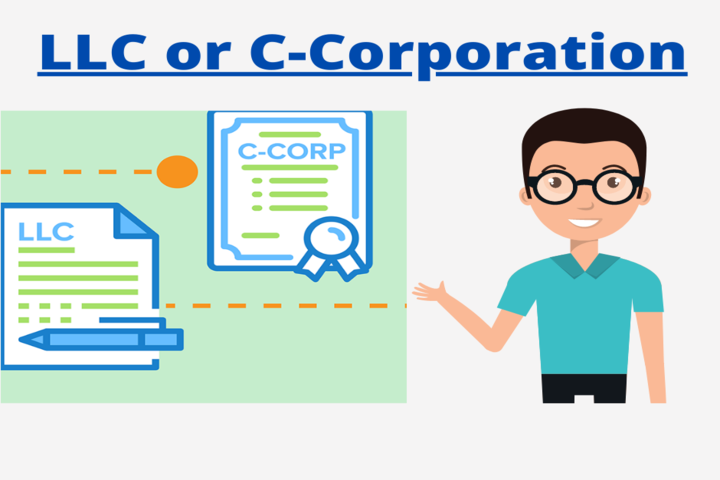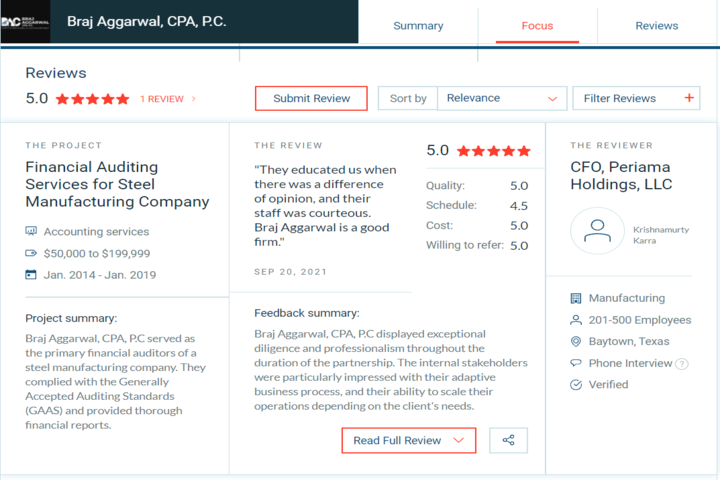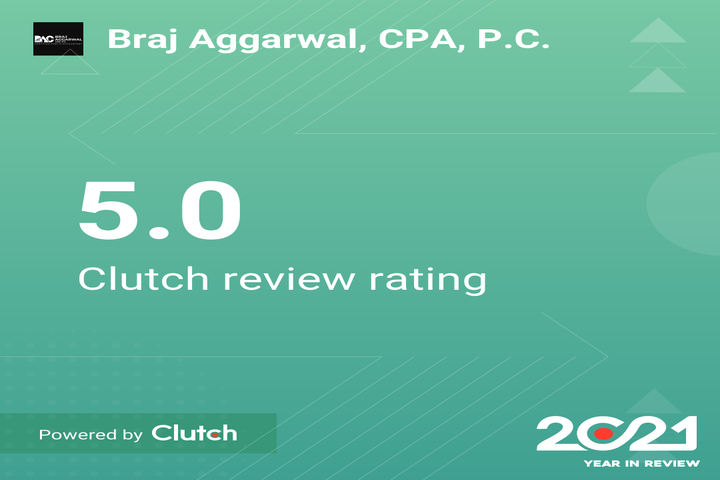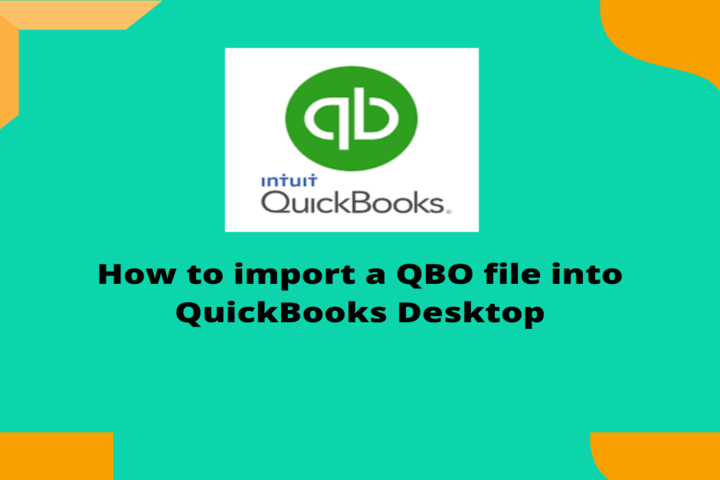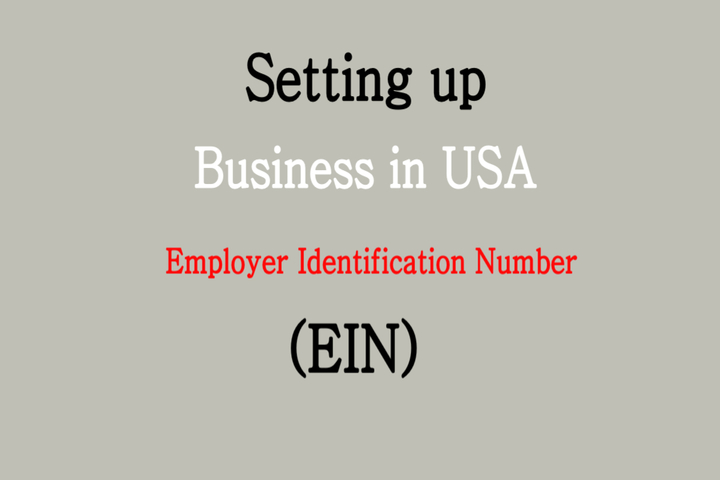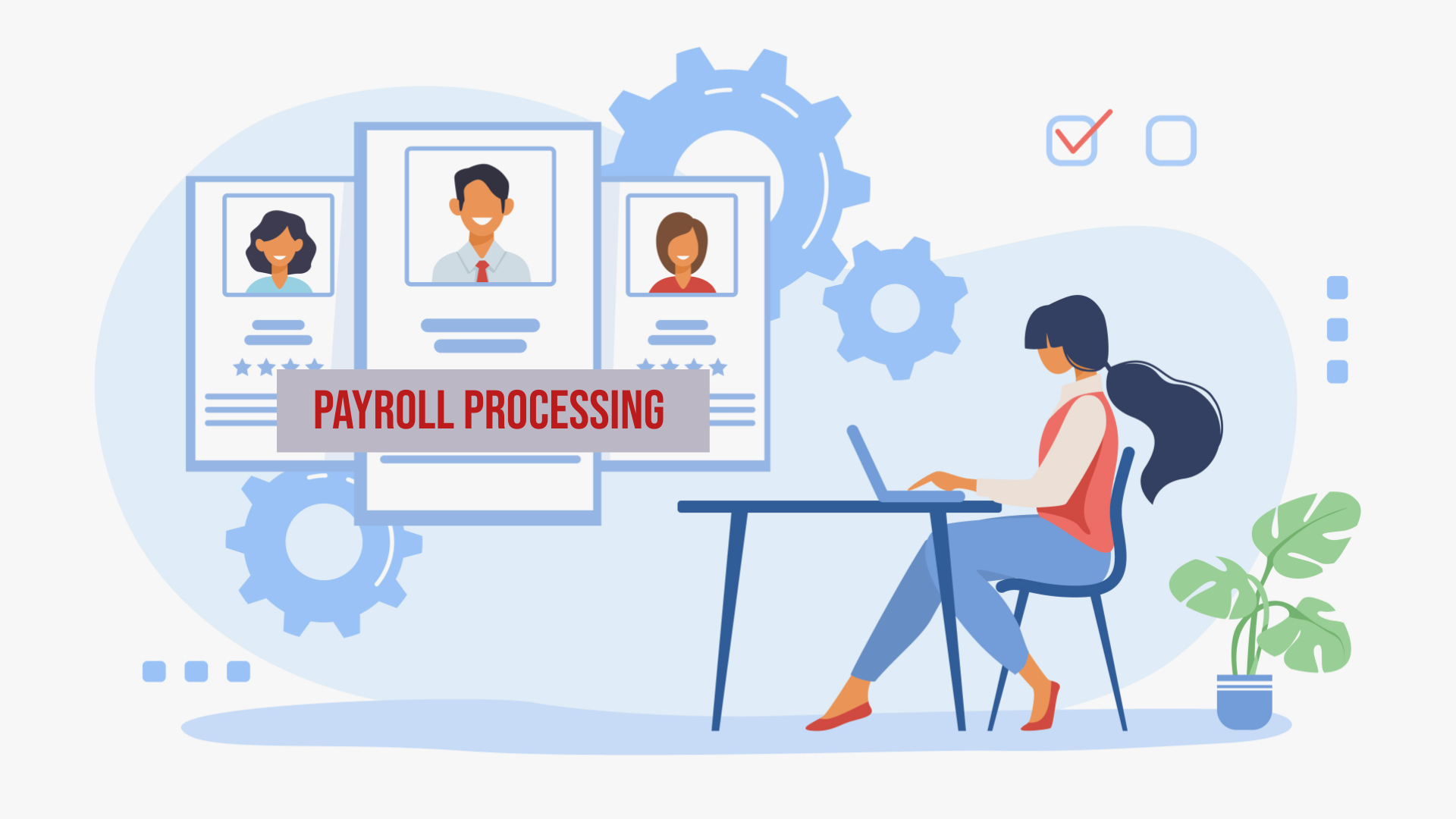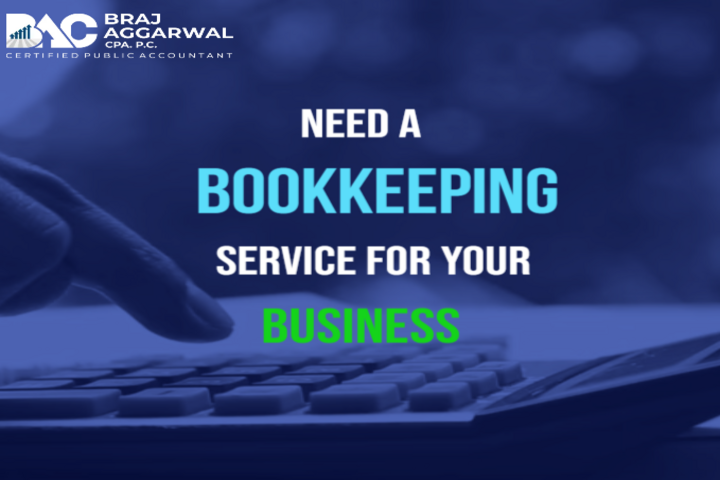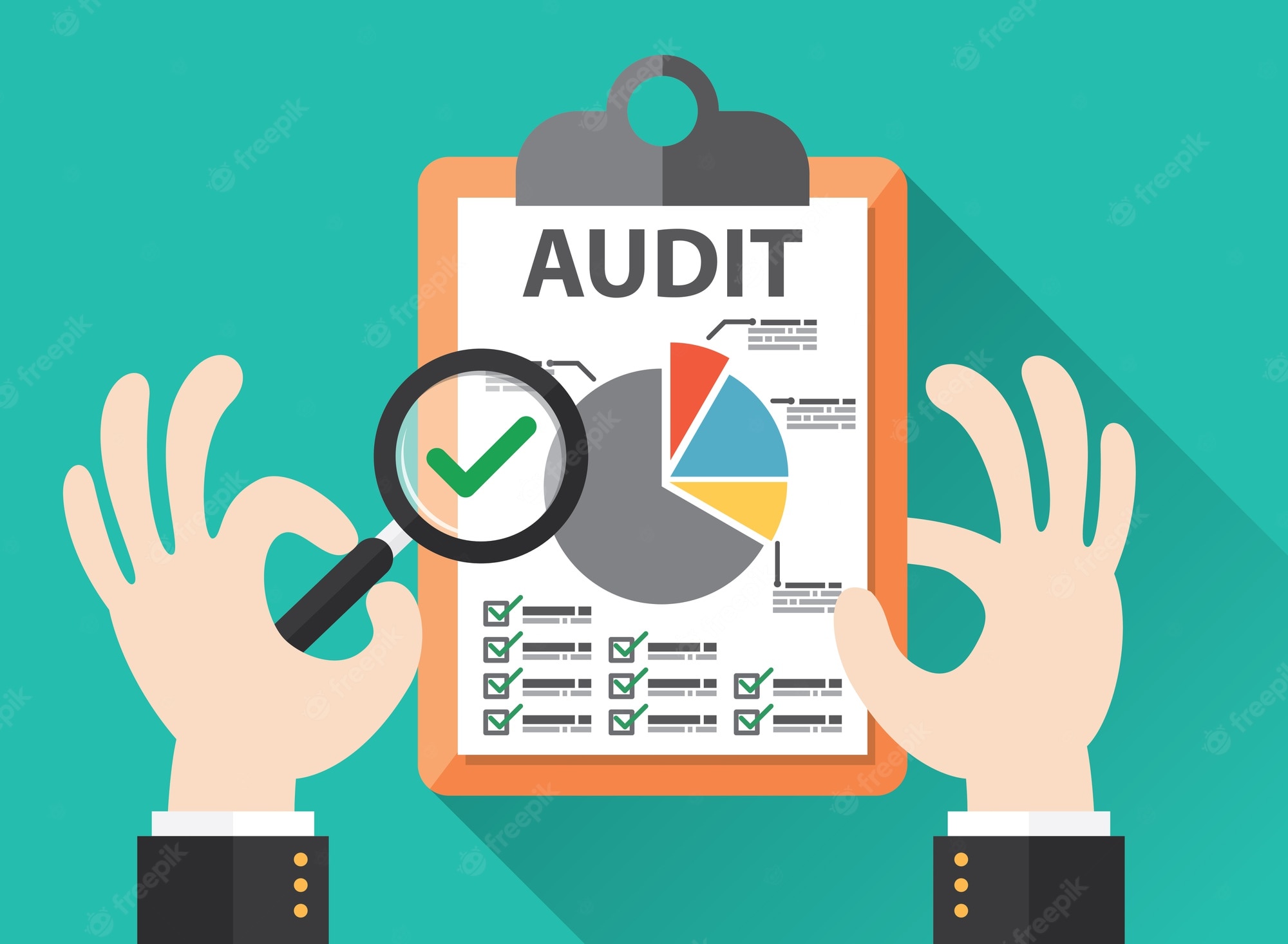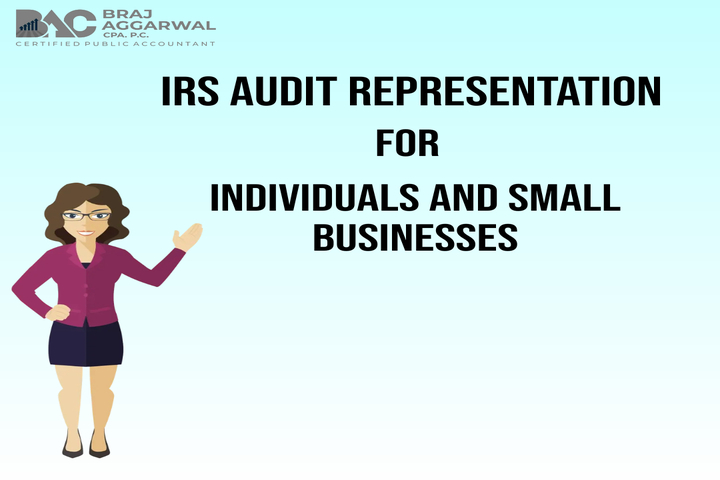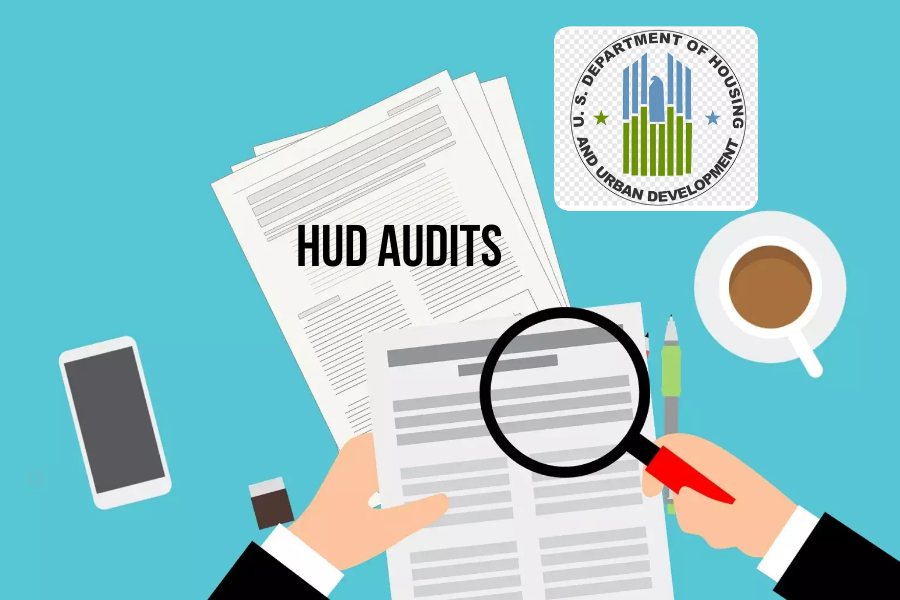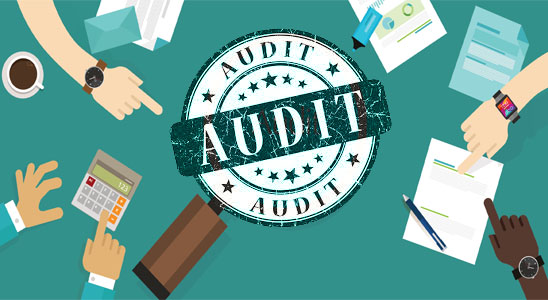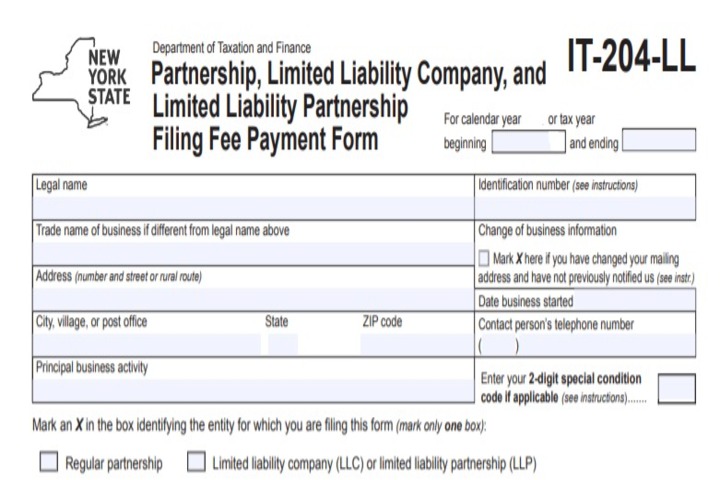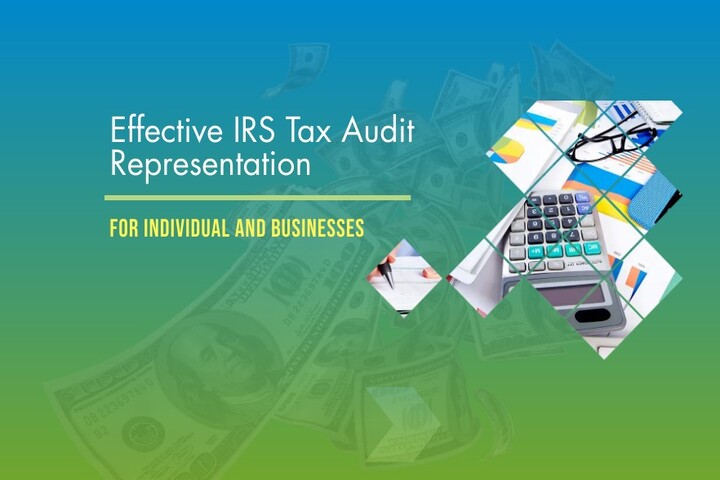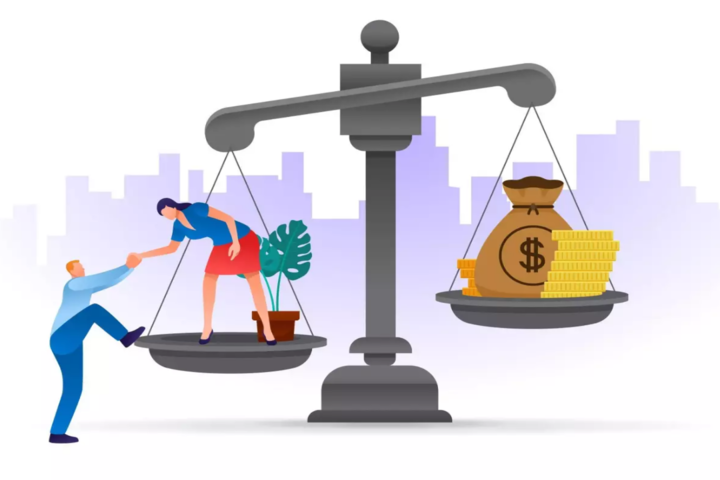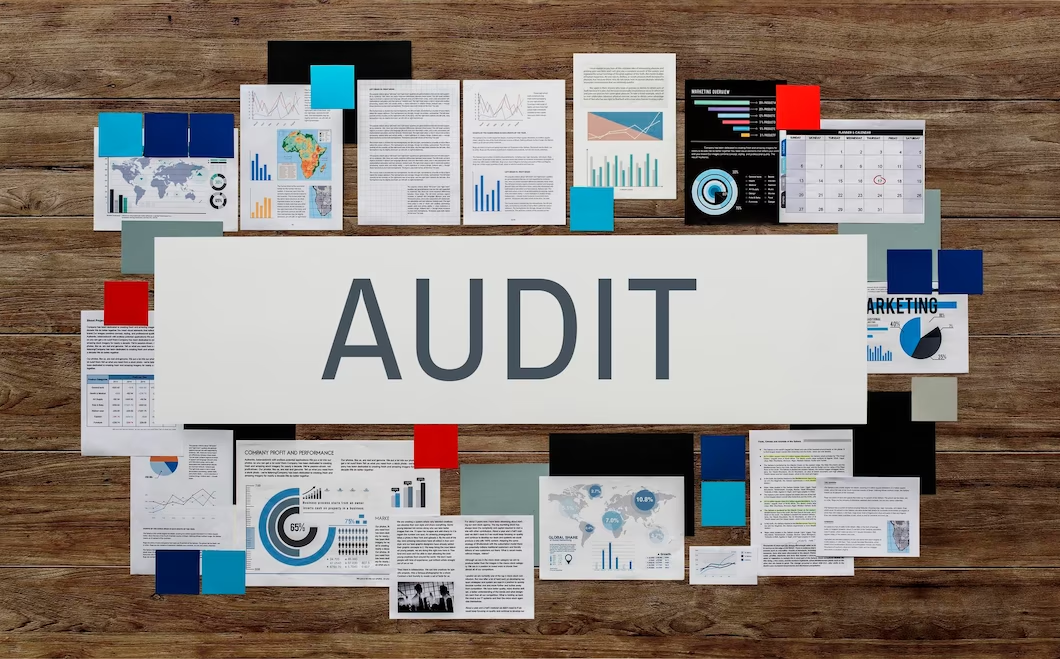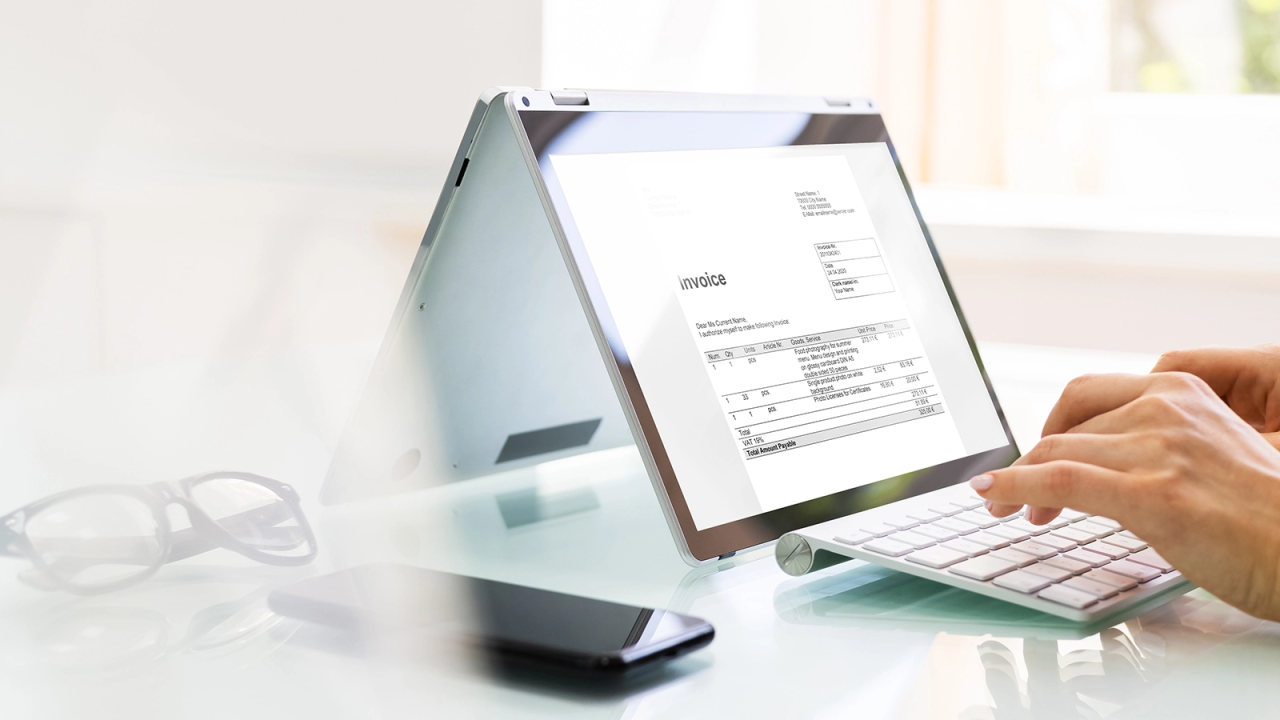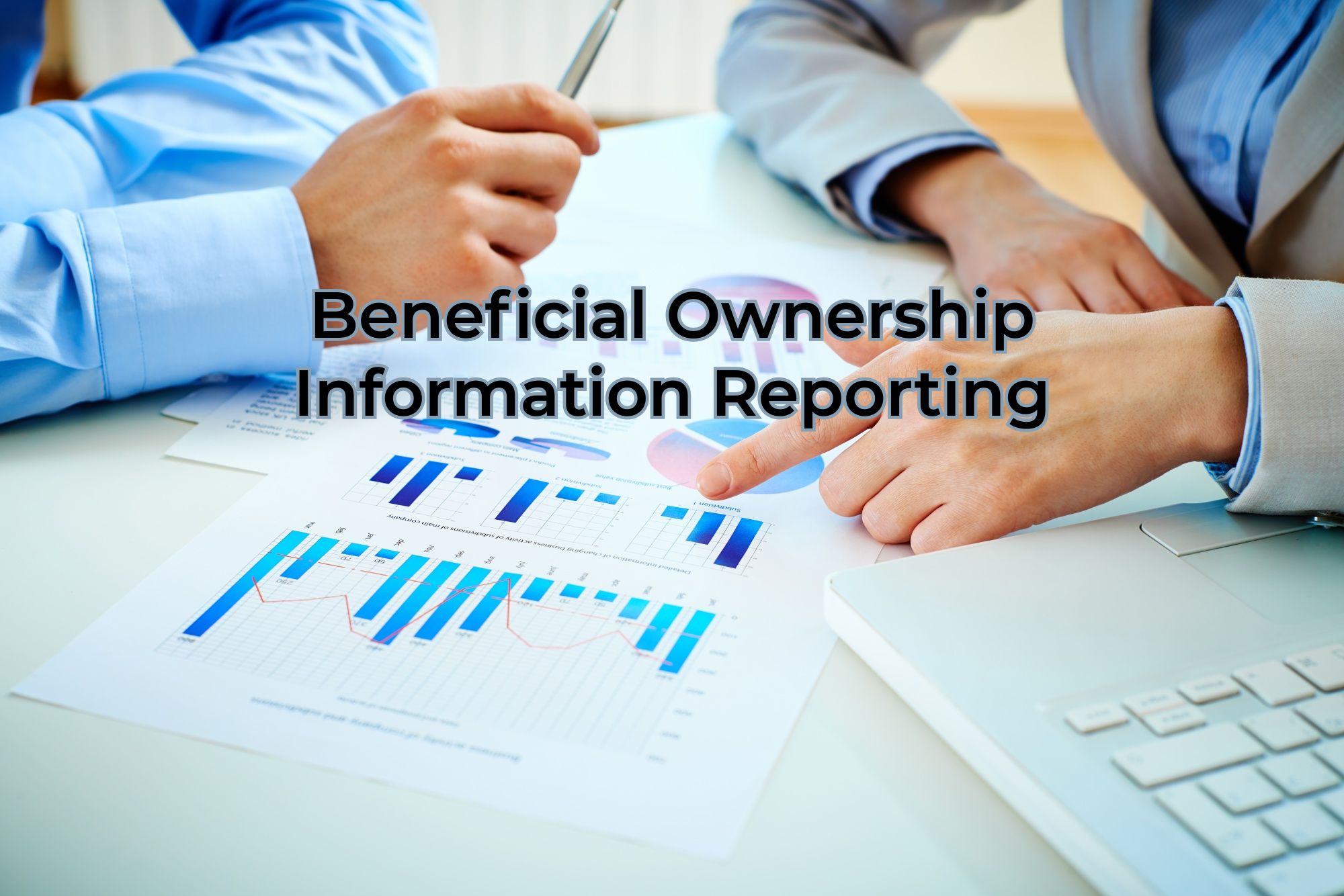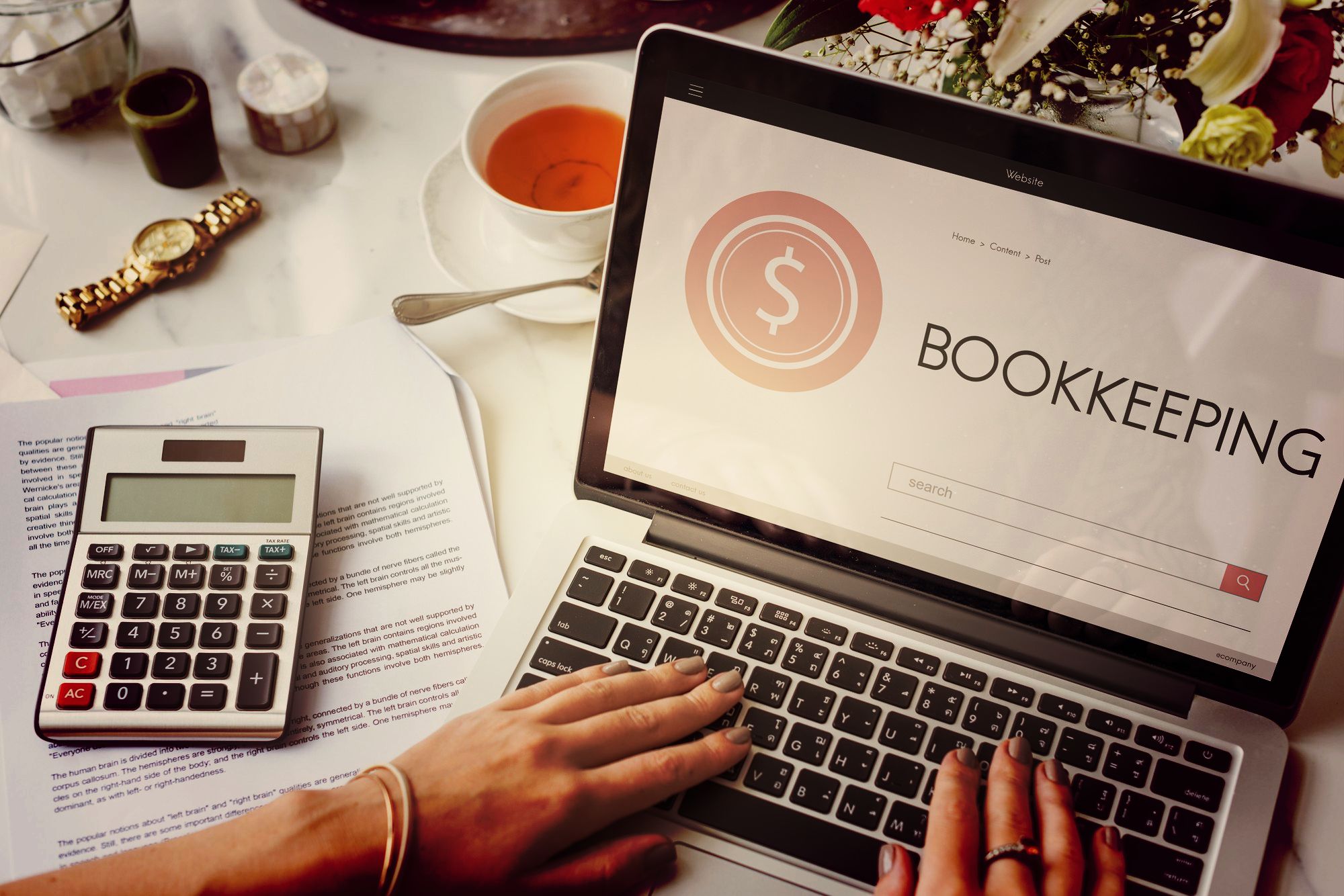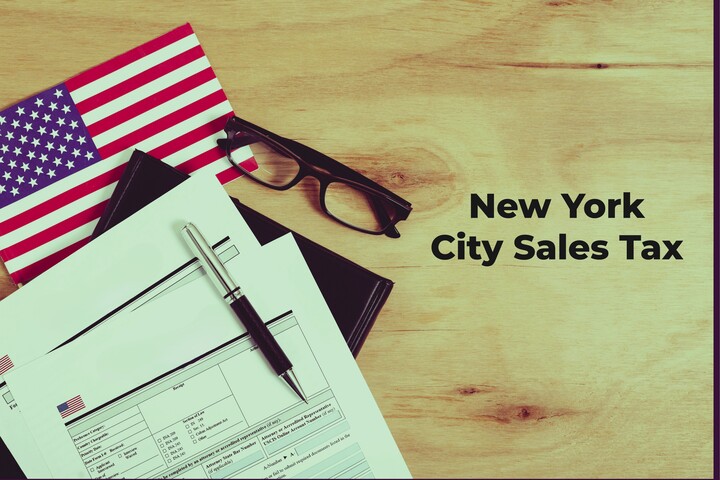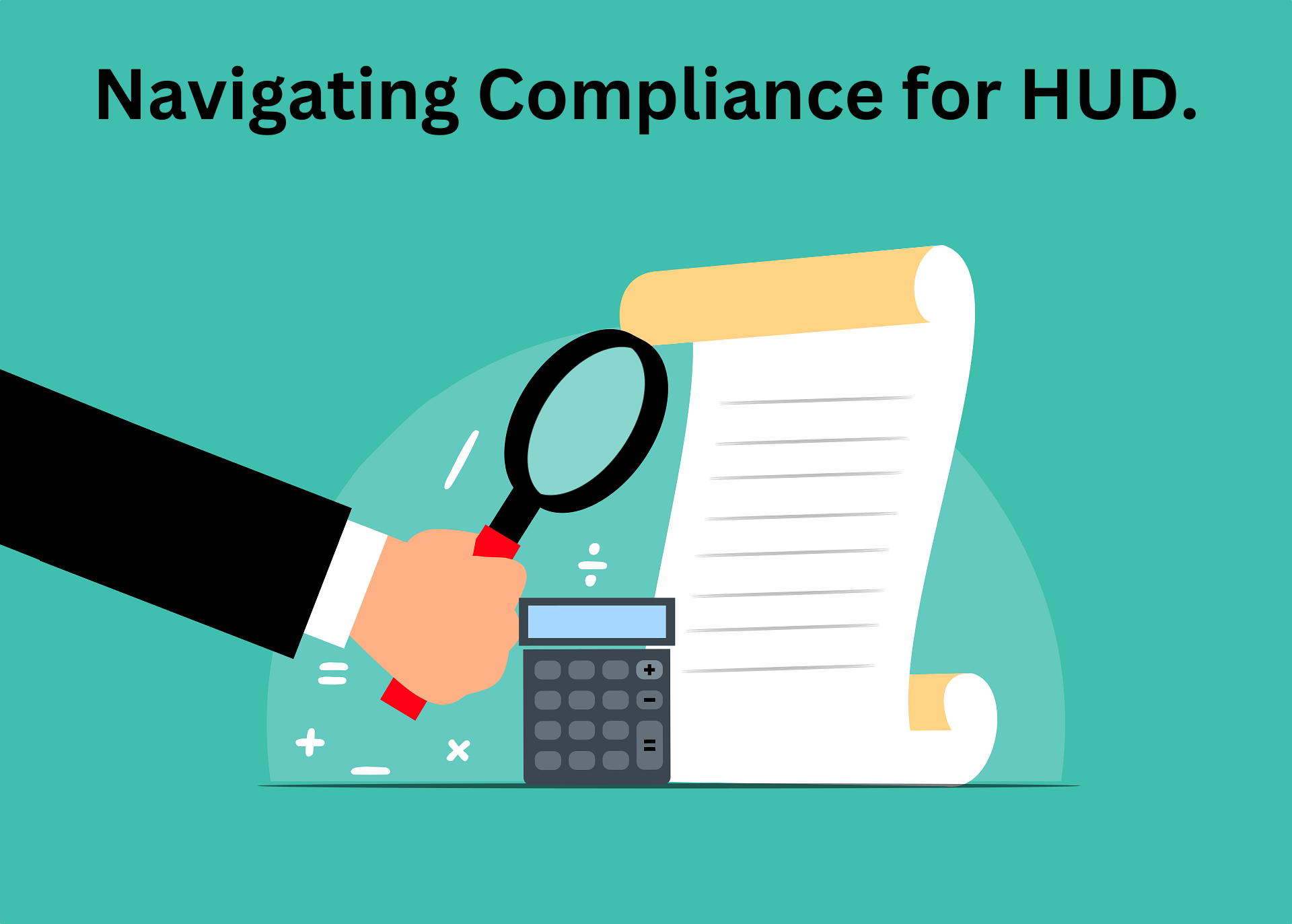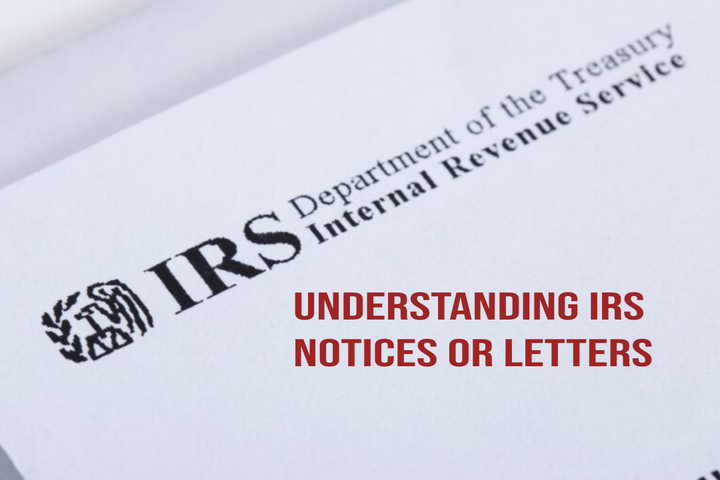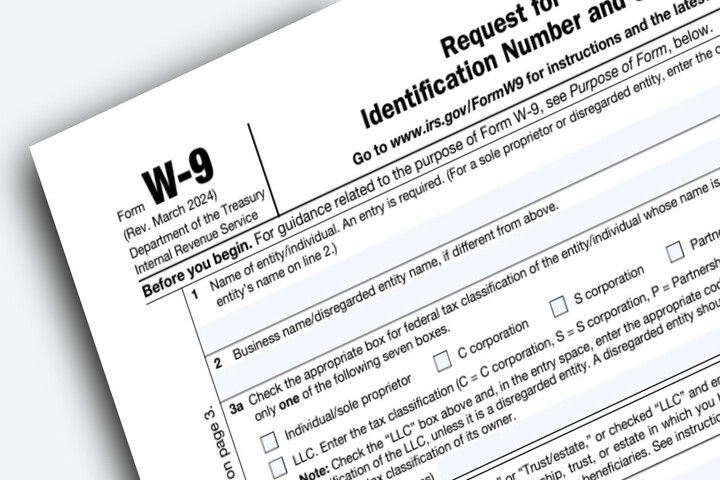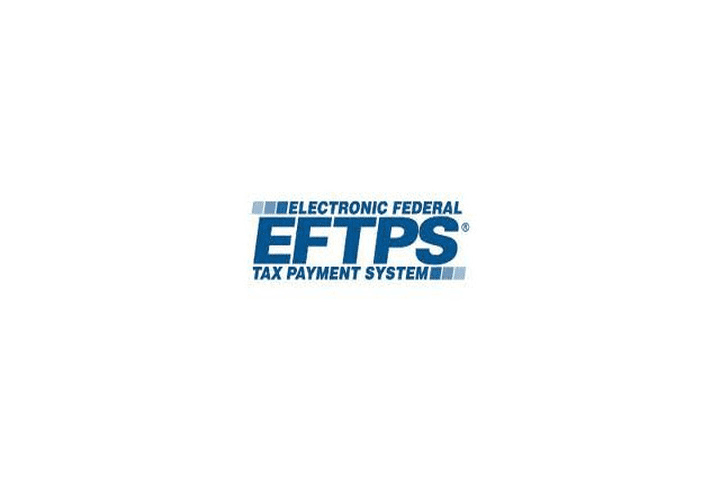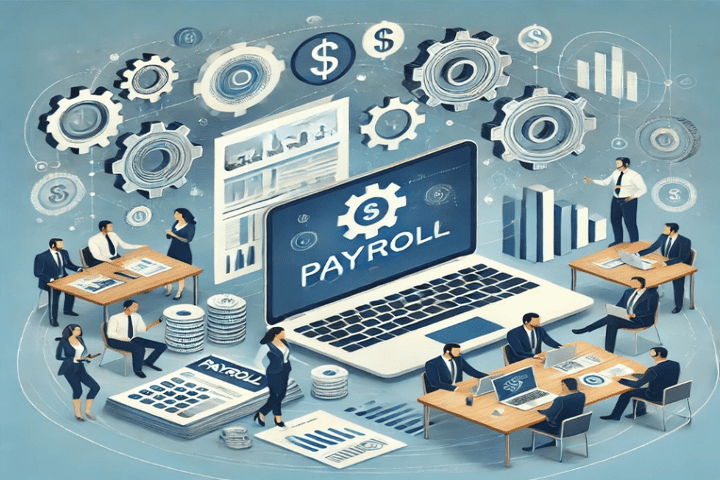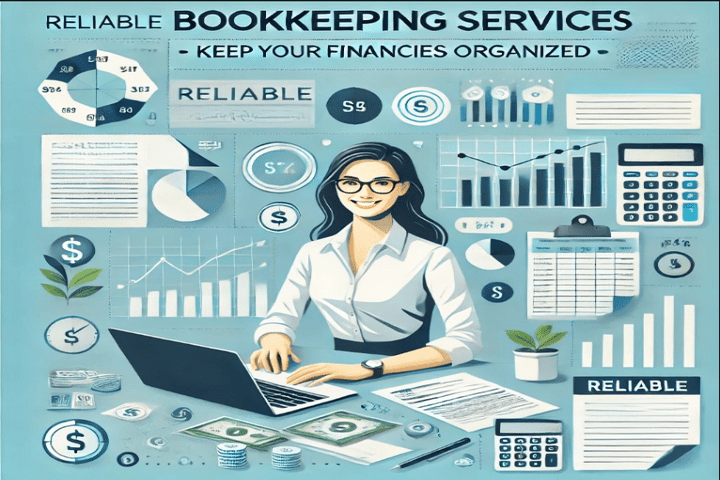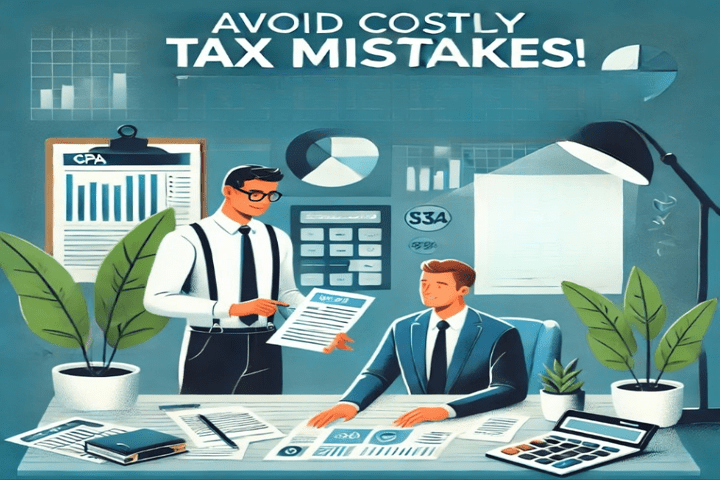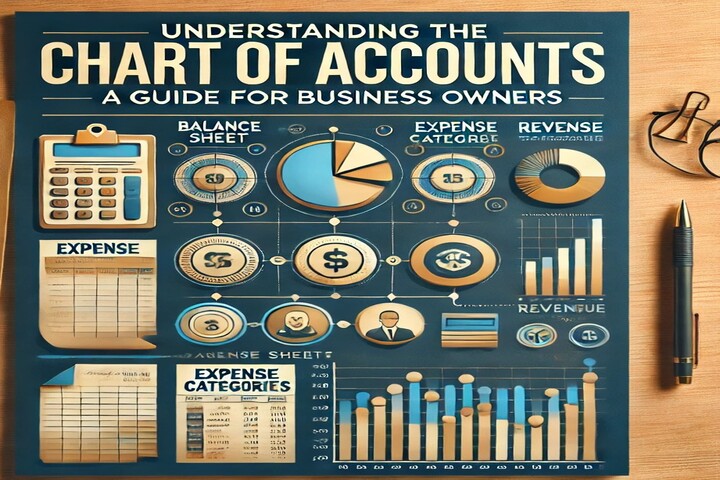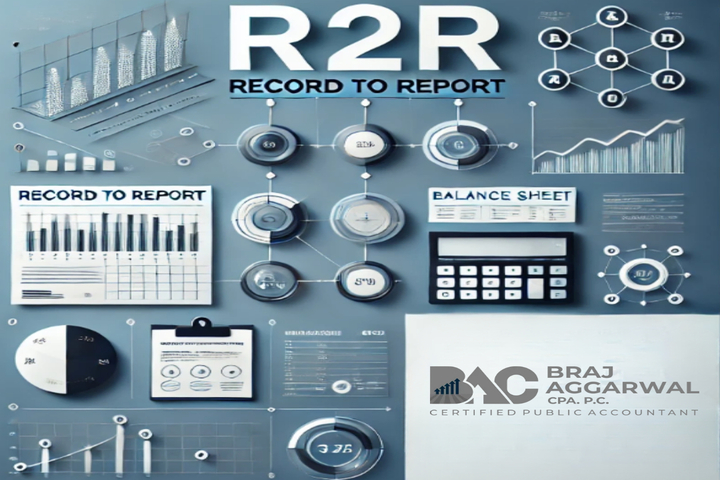Why You Need a CPA for Your Wage Parity Audit?

Wage disparities remain a persistent issue in workplaces across the globe. While intentional pay discrimination is unethical, unintentional biases can also creep in, leading to unfair salary gaps based on gender, race, ethnicity, or other protected categories. This is where wage parity audits come in, but navigating these complex assessments can be daunting. That's where a Certified Public Accountant (CPA) steps in, acting as your trusted guide and champion for a level playing field.
Why Choose a CPA for your Wage Parity Audit?
- Expertise in Data Analysis: CPAs are trained in dissecting complex financial data, uncovering hidden patterns and identifying potential salary discrepancies. They can analyze factors like job titles, performance reviews, experience levels, and compensation packages to detect any statistical anomalies that might indicate bias.
- Legal and Compliance Knowledge: Wage parity audits involve navigating intricate legal regulations and compliance requirements. CPAs understand these nuances and can ensure your audit adheres to all relevant laws, protecting your company from potential legal issues.
- Objectivity and Transparency: CPAs bring a neutral perspective to the audit process, free from internal biases or preconceived notions. Their objective analysis ensures the results are credible and trustworthy, paving the way for informed decision-making and corrective action.
- Risk Mitigation and Strategic Guidance: Beyond identifying disparities, CPAs can recommend practical solutions to address them. They can help develop fair compensation structures, implement clear pay policies, and establish effective monitoring systems to prevent future imbalances.
- Communication and Collaboration: CPAs excel at clear communication, effectively relaying complex findings to diverse stakeholders within your organization. They can foster collaboration between management, HR, and employee representatives to build consensus and implement solutions that everyone can support.
Real-world Impact of a CPA-led Wage Parity Audit:
Imagine uncovering a subtle gender pay gap within your organization. A CPA-led audit might reveal that female employees hold more advanced degrees yet earn slightly less than their male counterparts with similar qualifications and experience. Armed with this data, you can proactively adjust salary structures, create opportunities for career advancement for women, and foster a culture of equity that attracts and retains top talent.
Investing in a CPA for your wage parity audit isn't just a legal obligation, it's an investment in your company's future. By promoting fairness and transparency, you attract a more diverse and engaged workforce, boost employee morale, and protect your reputation. Consider a CPA your partner in building a thriving organization where everyone is valued and rewarded according to their merits.
Q: What is a wage parity audit, and why is it important?
A: A wage parity audit assesses whether employees with similar qualifications, experience, and job responsibilities are paid fairly, regardless of factors like gender, race, ethnicity, or age. It's crucial for ensuring workplace equity, preventing legal issues, and fostering a positive company culture.
Q: What specific tasks can a CPA perform during a wage parity audit?
A: CPAs can:
- Review payroll data and employee records.
- Identify and analyze potential pay discrepancies by job title, experience level, department, etc.
- Conduct statistical analysis to assess the significance of any disparities.
- Develop and implement audit protocols to ensure compliance with legal requirements.
- Prepare audit reports and presentations for management and stakeholders.
- Recommend solutions to address identified pay gaps and prevent future disparities.
Q: Does hiring a CPA make the audit process more expensive?
A: While there are costs associated with involving a CPA, their expertise can save you money in the long run. Identifying and correcting pay discrepancies early can prevent costly legal fees and lawsuits. Additionally, a transparent and fair compensation system improves employee morale and reduces turnover, leading to higher productivity and cost savings.
Q: What resources are available to learn more about wage parity audits and CPA involvement?
- The American Institute of Certified Public Accountants (AICPA) website offers resources on wage parity audits.
- The Equal Employment Opportunity Commission (EEOC) website provides information on federal wage discrimination laws.
- State human rights agencies also offer resources and guidance on wage parity issues.
Ready to level the playing field in your workplace? Contact Braj Aggarwal, CPA, P.C. today and discuss how they can help you conduct a comprehensive and impactful wage parity audit. Together, you can create a more equitable and successful future for your organization.


